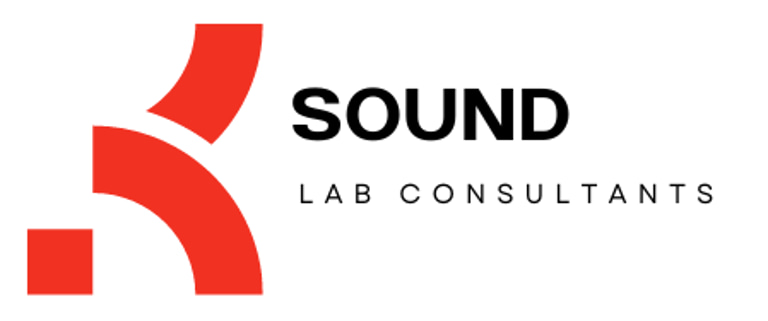CLIA Personnel Requirements and Responsibilities
CLIA Clinical Consultant
High Complexity Laboratories
The clinical consultant must be qualified to consult with and render opinions to the laboratory's clients concerning the diagnosis, treatment and management of patient care. The clinical consultant must—
(a) Be qualified as a laboratory director under § 493.1405(b) (1), (2), or (3)(i); or
(b) Be a doctor of medicine, doctor of osteopathy or doctor of podiatric medicine and possess a license to practice medicine, osteopathy or podiatry in the State in which the laboratory is located
The laboratory director must possess a current license as a laboratory director issued y the State in which the laboratory is located, if such licensing is required; and
(b) The laboratory director must—
(1)
(i) Be a doctor of medicine or doctor of osteopathy licensed to practice medicine or osteopathy in the State in which the laboratory is located; and
(ii) Be certified in anatomic or clinical pathology, or both, by the American Board of Pathology or the American Osteopathic Board of Pathology or possess qualifications that are equivalent to those required for such certification; or
(2)
(i) Be a doctor of medicine, doctor of osteopathy, or doctor of podiatric medicine licensed to practice medicine, osteopathy, or podiatry in the State in which the laboratory is located; and
(ii) Have had laboratory training or experience consisting of:
(A) At least one year directing or supervising non-waived laboratory testing; or
(B) Beginning September 1, 1993, have at least 20 continuing medical education credit hours in laboratory practice commensurate with the director responsibilities defined in § 493.1407; or
(C) Laboratory training equivalent to paragraph (b)(2)(ii)(B) of this section obtained during medical residency. (For example, physicians certified either in hematology or hematology and medical oncology by the American Board of Internal Medicine); or
(3) Hold an earned doctoral degree in a chemical, physical, biological, or clinical laboratory science from an accredited institution; and
(i) Be certified by the American Board of Medical Microbiology, the American Board of Clinical Chemistry, the American Board of Bioanalysis, or the American Board of Medical Laboratory Immunology
Moderate Complexity Laboratories
Same Requirements as a High Complexity Laboratory.
General Requirements
Render opinions concerning patient diagnosis and treatment, management of patient care
Is available to provide consultation to the laboratory’s clients
Is available to assist the laboratory’s clients in ensuring that the ordered tests are appropriate to meet the clinical expectations
Is available for consultation and communication with the laboratory’s clients on matters related to the quality of reported test results and their interpretation concerning specific patient conditions
Ensures that reports of test results include pertinent information required for specific patient interpretation
